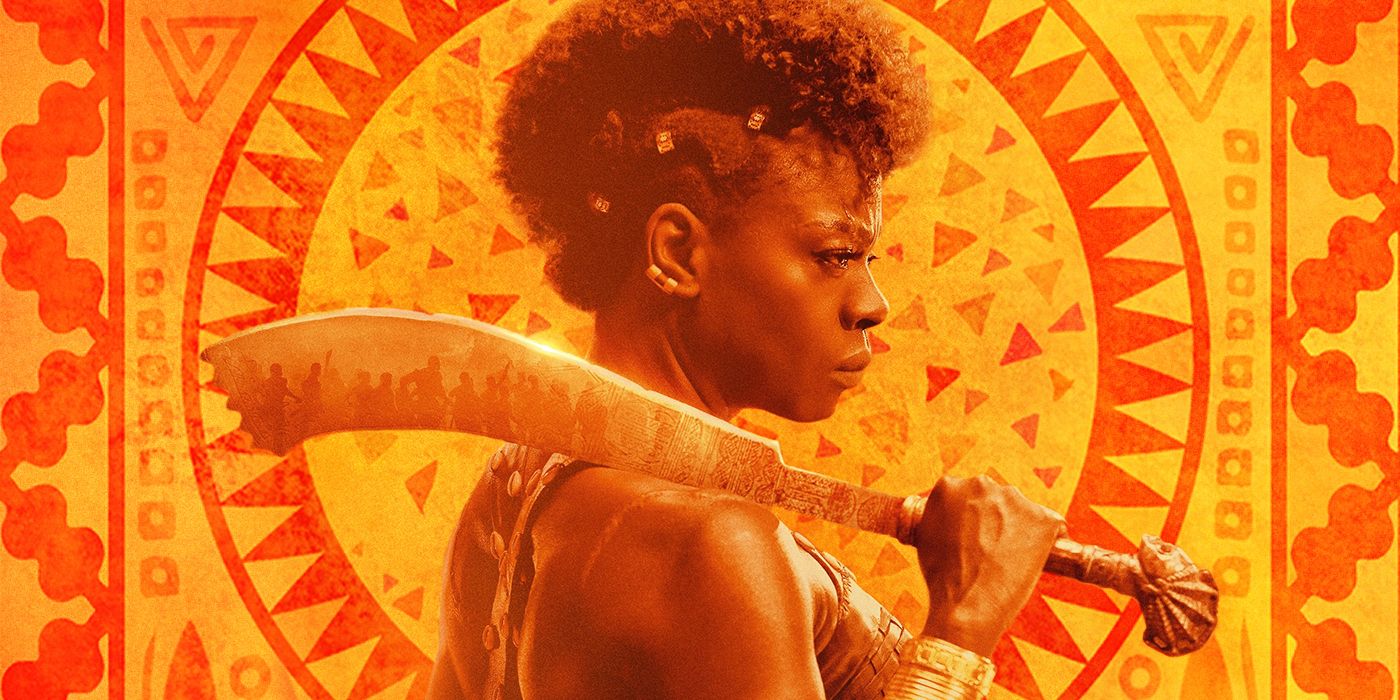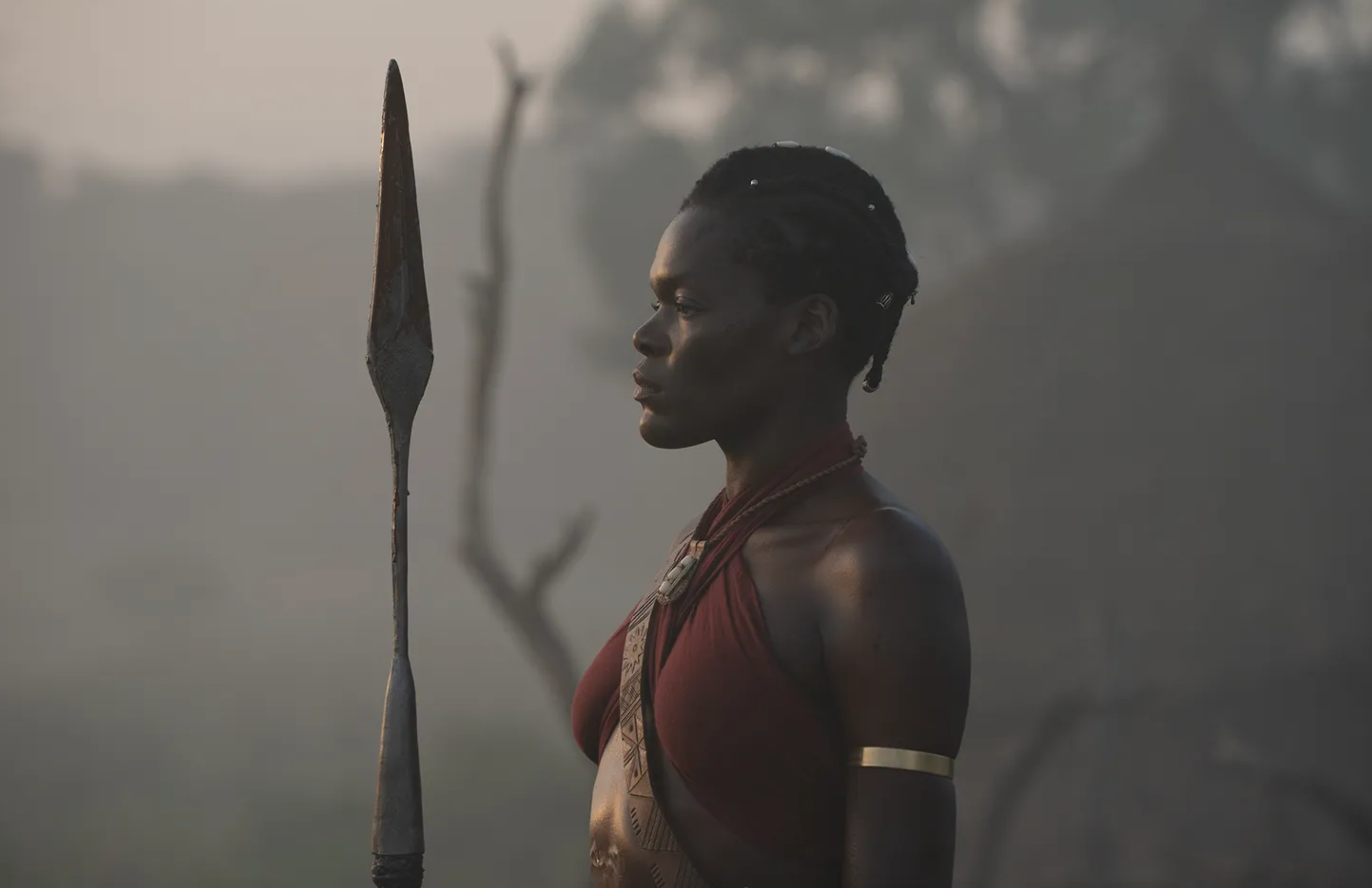The Woman King is now in theaters. The film, directed by Gina Prince-Bythewood (The Old Guard), has released to a weekend opening of $19 million at the box office. How much of a success the film will end up being is still very much up for debate, but the film has already in its way begun to score a number of victory points some people might have missed.
Per Deadline, Sheila Atim, who stars in the historical epic, spoke about her excitement that the film had a call sheet for filming that included four "all dark-skinned Black women" at the top of the list. Atim went on to count on her fingers the names of the leading ladies in the historical epic. “Viola Davis, Lashana Lynch, Thuso Mbedu and me!”, she said, before adding proudly, “That’s something!” The actress went on to speak of her excitement that these women got the chance to work on such a project as this, saying:
“A movie of this scale with a studio, with this kind of platform. It does also mean something very significant when a big studio takes us on. That says something. I’m so proud of everyone in this film, I’m so proud. I was there with them and saw how much everyone gave of themselves and how much we raised each other up to deliver this.”
The Woman King tells the story of an all-female military force in the nineteenth century West African kingdom of Dahomey. Situated in present-day Benin, the kingdom ruled for at least three centuries with the all-female regiment known as the Agojie, the tip of the sovereign’s spear in battle. Some might draw the distinction that the Agojie is the inspiration behind the Dora Milaje in Marvel’s Black Panther. For this film production, the Agojie is led by General Nanisca, portrayed by actress Viola Davis, who along with her fellow hardened female warriors put up a defiant display in defense of their nation.
Atim, who plays Amenza, a servant-turned-fearless fighter also spoke at the little room for error that is allowed for a production helmed by women both in front of the camera and behind the scenes. Here is her statement on the issue in full:
”In the making of this film we were all acutely aware of what it means to be a heavily female team, both in front and behind the camera, and to be predominantly Black women, predominantly dark-skinned Black women as well, which is an added layer. And to be telling a story that hasn’t been told before, and on a huge epic scale as well. We were all acutely aware of what that means and how slim the margin for error was. And the stakes for us on a personal level.”
The Woman King is playing in theatres now. You can watch our interview with Davis and Thuso Mbedu below:


